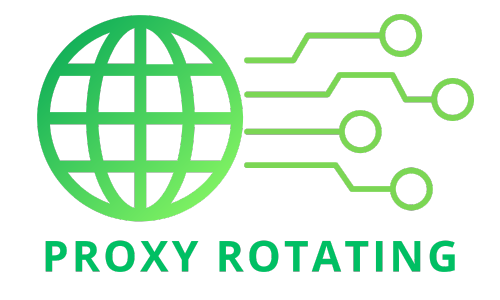Blockchain security solutions encompass crucial technologies and methods to protect blockchain networks against cyber attacks. These include network security to protect the infrastructure, intelligent contract security to eliminate code vulnerabilities, data security to prevent unauthorized access, and management security to enforce secure operational protocols. Together, they ensure the integrity and reliability of blockchain transactions and data against various security challenges. Let’s explore this in the article below!
What is Blockchain?
Blockchain is a distributed database or ledger technology that provides a secure and transparent way to record transactions. Here’s a breakdown of its essential characteristics and how it works:
Characteristics of Blockchain
- Decentralization: Unlike traditional databases managed by central authorities, blockchain distributes its data across a computer network (often called nodes). This decentralization means no single entity controls the entire blockchain, enhancing security and reducing manipulation risks.
- Transparency: Every transaction on a blockchain is visible to all participants and cannot be changed once confirmed. This transparency helps build trust among users.
- Immutability: Once a transaction is recorded on the blockchain, it is tough to alter it. This immutability is secured through cryptographic hash functions, which ensure that any attempt to change the transaction data will be evident as it will invalidate the hash.
- Consensus algorithms: Blockchain uses consensus models like Proof of Work (PoW) or Proof of Stake (PoS) to agree on transaction validity. This consensus prevents fraudulent transactions and ensures all participants agree on the ledger’s state.
How Blockchain works
- Transactions: When a transaction is made, it is transmitted to a network of peer-to-peer computers scattered worldwide.
- Block creation: Transactions are grouped into blocks, which are then verified by network participants based on the type of blockchain.
- Hashing: Once a block is completed, it is linked to the previous block via a cryptographic hash. The last block’s hash ensures the block’s integrity and, thus, the entire blockchain.
- Adding to the Chain: When a block is confirmed through a consensus process, it is timestamped and added to the blockchain. It becomes a permanent record that anyone in the network can see.
Applications of Blockchain
- Cryptocurrencies: Blockchain is the technology behind cryptocurrencies like Bitcoin and Ethereum, where it is used to securely and transparently handle transactions without the need for a central authority.
- Smart contracts: Platforms like Ethereum enable not just cryptocurrency transactions but also the execution of smart contracts—self-executing contracts with the terms directly written into code.
- Supply chain management: Blockchain provides transparent tracking of goods and materials as they move through the supply chain, helping to verify authenticity and improve security.
- Healthcare: Medical records can be stored on blockchain with privacy controls to enhance security and patient control over data.
- Voting systems: Blockchain could potentially be used to create tamper-proof voting systems that increase transparency and reduce the potential for fraud.
Blockchain’s potential extends beyond these areas, offering possibilities for virtually any industry where secure, transparent record-keeping is of value.
Frequent security risks in blockchain technology
51% Attacks
In a 51% attack, a malicious actor controls over half of the network’s computing power. This enables them to alter transactions, re-spend the same coins, or disrupt the network’s operation. It’s a significant threat to decentralized blockchain security platforms
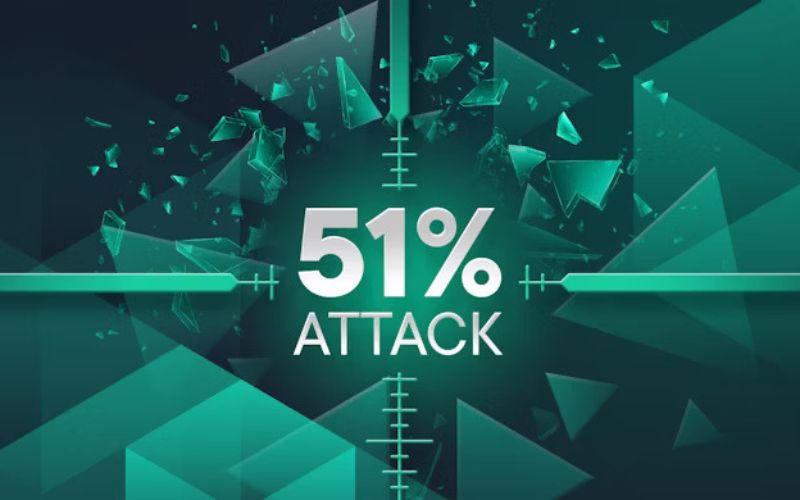
Double spending attacks
These occur when an individual spends the same cryptocurrency twice, exploiting a consensus mechanism flaw. Preventing double spending is a fundamental challenge for blockchain security platforms
Routing attacks
These target the network layer, where attackers manipulate data transmission between nodes. It can lead to unauthorized access, data leakage, or network disruption.
Private key security attacks
If someone gains unauthorized access to a user’s private key, they can control the associated wallet and funds. It’s essential to safeguard private keys.
Selfish mining attacks
In this scenario, a miner intentionally withholds newly mined blocks to gain an advantage over other miners. It disrupts the fairness of the consensus process on blockchain security platforms.

Vulnerable smart contracts
Smart contracts can be vulnerable to coding mistakes or security flaws. Exploiting these flaws can lead to financial losses or unintended consequences.
Phishing attacks
Cybercriminals trick users into revealing their private keys or sensitive information through fake websites or emails. Vigilance is essential to avoid falling victim to phishing on blockchain security platforms.
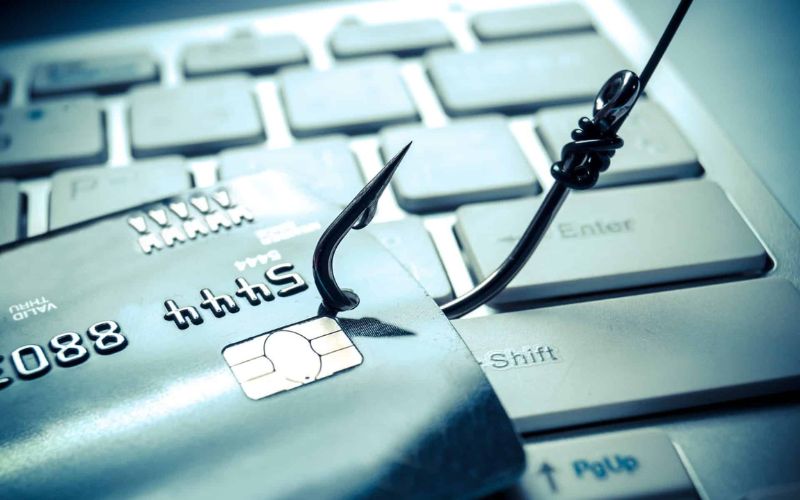
Code exploitation
Attackers can exploit bugs or vulnerabilities in blockchain code to compromise the system. Regular code audits and security checks are crucial.
Stolen keys
If a user’s private key is stolen, their funds are at risk. Proper critical management practices are essential to prevent theft.
Sybil attacks
In a Sybil attack, an adversary creates multiple fake identities (nodes) to gain control over the network. It undermines the trust model of decentralized blockchain security platforms.
Essential blockchain security solutions you need to be aware of
Explore the diverse landscape of blockchain security solutions as we delve into the various types designed to safeguard your digital transactions and assets. From network security to intelligent contract protection, understand how each type addresses specific vulnerabilities within the blockchain security platform ecosystem.
Network security
Network security focuses on safeguarding communication channels and nodes within a blockchain network.
- Firewalls and Intrusion Detection Systems (IDS): Implement firewalls to filter incoming and outgoing traffic. IDS scrutinizes network behavior for any signs of suspicion.
- DDoS protection: Protect against Distributed Denial of Service (DDoS) attacks that overwhelm the network.
- Peer authentication: Ensure that only authorized nodes participate in the network.
- Encryption: Encrypt data transmission to prevent eavesdropping.
- Consensus mechanism security: Strengthen the consensus protocol to resist attacks

Smart contract security
Smart contracts are autonomous code scripts operational on the blockchain. Guaranteeing their protection is vital.
- Code audits: Regularly audit intelligent contract code for vulnerabilities.
- Static analysis tools: Use tools to analyze code for potential flaws.
- Gas limit management: Set appropriate gas limits to prevent out-of-gas attacks.
- Secure coding practices: Follow best practices to avoid common pitfalls.
- Formal verification: Use formal methods to prove correctness mathematically on blockchain security platforms.

Data security
They are protecting data stored on the blockchain or associated with transactions.
- Data encryption at rest: Secure stored data on the blockchain.
- Privacy solutions: To hide transaction details, implement privacy-enhancing techniques (e.g., zk-SNARKs, ring signatures).
- Immutable data: Ensure data integrity by leveraging blockchain immutability.
- Access control: Define and enforce access permissions for data on blockchain security platforms.
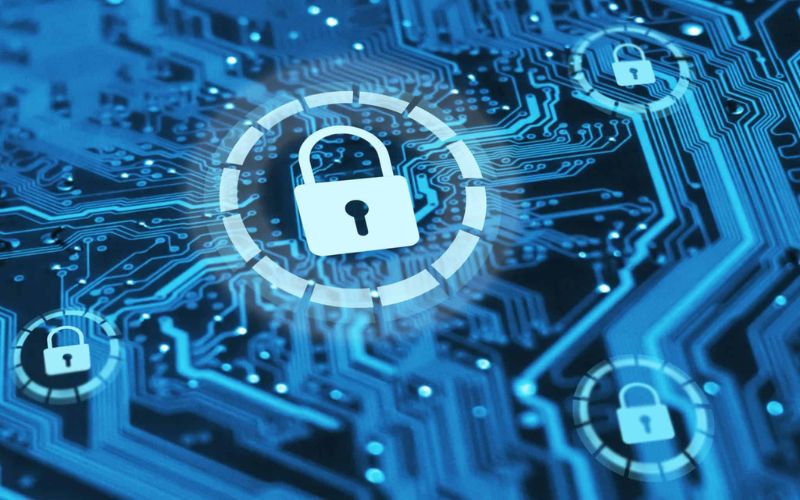
Management security
Governance and administrative aspects of blockchain security.
- Key management: Properly manage private keys and access controls.
- Multi-signature wallets: Enhance security by utilizing wallets that require multiple signatures.
- Regular updates: Keep blockchain software and components up to date.
- Incident response strategy: Equip yourself with a detailed plan for security breaches.
- Legal and regulatory compliance: Address legal and compliance requirements for blockchain security platforms.

Benefits of using blockchain security solutions
Blockchain security solutions offer several significant benefits that enhance digital transactions and data storage’s security and integrity.
Enhanced security and dependability
- Implementing robust security measures enhances the overall integrity and trustworthiness of the blockchain security platform.
- Reduced vulnerabilities lead to fewer successful attacks, ensuring the safety of transactions and data.
Protection of digital assets
- Blockchain security solutions safeguard digital assets (such as cryptocurrencies, tokens, or sensitive data) from unauthorized access, theft, or tampering.
- Immutable ledger technology ensures that transactions cannot be altered once recorded.
Adherence to data security standards
- Blockchain security platforms maintain user privacy and prevent data breaches by adhering to data protection regulations (such as GDPR or HIPAA).
- Proper encryption, access controls, and audit trails contribute to compliance.
Promotion of broader acceptance
- A secure blockchain ecosystem inspires confidence among users, businesses, and institutions.
- As security improves, more organizations and individuals will likely adopt blockchain security platforms for various applications.

Some reputable blockchain security solution providers
Several reputable companies and organizations provide blockchain security solutions catering to various industries, including finance, healthcare, supply chain management, and more. Here are some of the well-regarded players in the blockchain security space:
Utimaco
Utimaco offers blockchain security solutions to enhance the safety and reliability of blockchain ecosystems. Their Hardware Security Modules (HSMs) provide secure storage for private cryptographic keys in blockchain processes, wallets, digital assets, and smart contracts.
Pros:
- Custom Design and Implementation: Utimaco HSMs support blockchain-specific elliptic curves for generating private and public key pairs.
- Strong Identities and Authentication: Utimaco HSMs enable access to the blockchain by providing secure authentication.
- Digital Signing and Verification: HSMs allow users to sign, verify, and approve blockchain transactions, including smart contracts on blockchain security platforms.
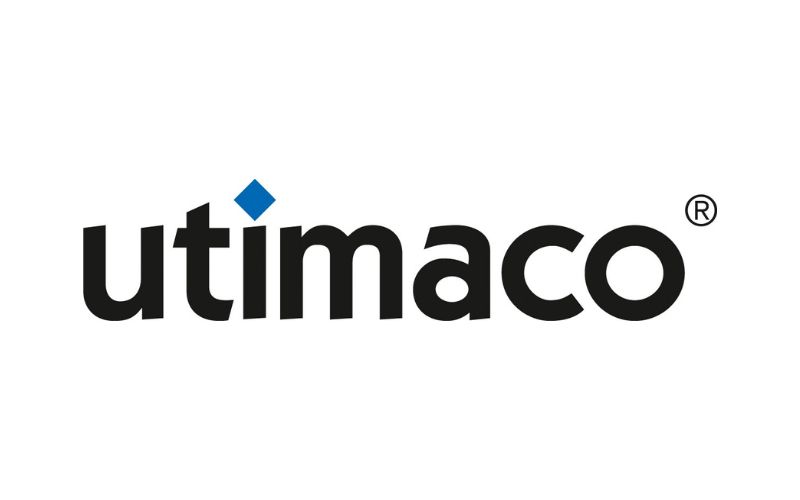
Cossack Labs
Cossack Labs focuses on data security tools, solutions, and custom engineering. They help companies protect data, prevent leakage, and comply with regulations.
Pros:
- Themis Cryptographic Library: Themis simplifies core cryptographic security operations for most applications, including digital wallets.
- Custom Cryptosystems and Primitives: Cossack Labs specializes in custom cryptosystems and crypto-primitives that enable scalability and integrity in blockchain security platforms.

Beosin
Established by professors from prestigious global universities, Beosin is at the forefront of international blockchain security enterprises. They provide an all-in-one blockchain security solution covering intelligent contract audits, on-chain risk monitoring, KYT/AML, and crypto tracing.
Pros:
- Custom Design and Implementation: Beosin specializes in privacy-oriented cryptographic layers based on zk-SNARKs and multi-party computation protocols.
- Novel Cryptography: Their experienced cryptographers implement complex cryptographic protocols, including zero-knowledge proofs, custom curves/signatures, SMPC, and homomorphic operations.
- Blockchain Security: Beosin designs and implements traditional application security, data security, and infrastructure security measures for crypto wallets, blockchain nodes, and backends on blockchain security platforms.
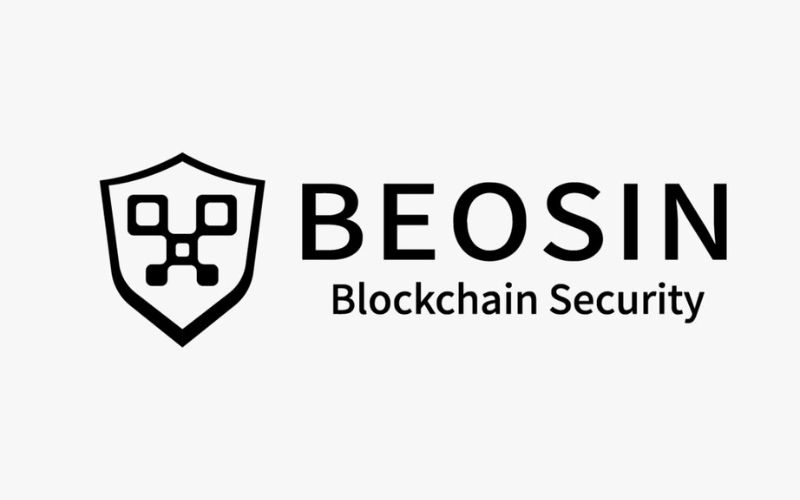
Chainalysis
Chainalysis is a blockchain-based data platform that helps government and private sectors detect and prevent illicit use of cryptocurrency.
Pros:
- Blockchain Security Insights: Chainalysis provides insights into blockchain-specific cyber threats, risk mitigation, and security measures.
- Crypto Crime Detection: Their platform analyzes on-chain data to trace crypto transactions and identify scams, hacks, fraud, and illicit activity involving digital assets on blockchain security platforms.
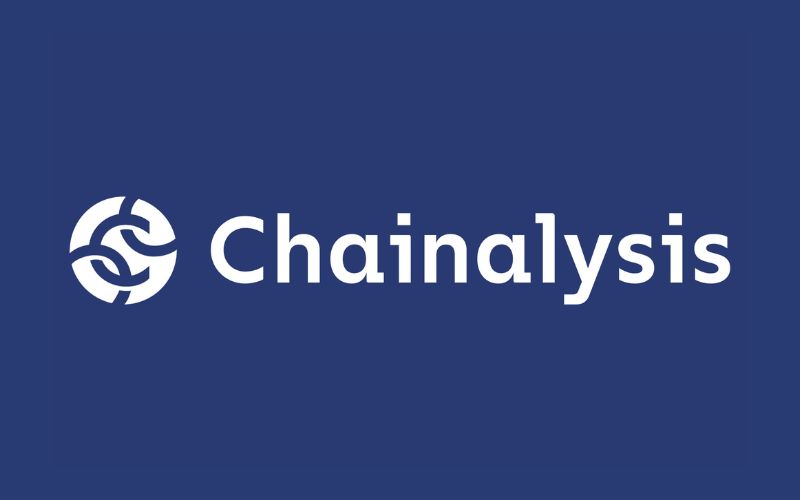
CipherTrace
CipherTrace offers blockchain analytics and security solutions. They focus on anti-money laundering (AML), regulatory compliance, and cryptocurrency intelligence.
Pros:
- AML Compliance: CipherTrace helps track crypto assets, monitor suspicious addresses, and assist in asset recovery.
- Blockchain Security Audit: They provide security auditing services for blockchains, smart contracts, and apps using formal verification and comprehensive cybersecurity techniques on blockchain security platforms.
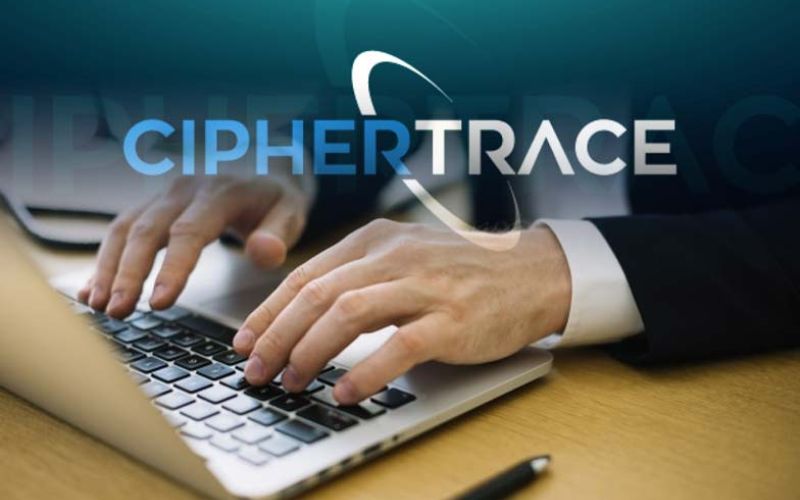
Selecting the appropriate blockchain security solution: A guide
Choosing the right blockchain security solution involves a multifaceted approach tailored to your specific needs and the characteristics of your blockchain network. Here are some steps and considerations to guide you:
- Determine the unique security requirements of your organization.
Begin by assessing your organization’s specific security challenges and requirements. Understand the nature of your blockchain applications, the sensitivity of the data, and the regulatory landscape. This step is crucial for pinpointing the exact type of security solutions that will address your concerns, whether transaction security, intelligent contract integrity, data privacy, or compliance requirements.
- Evaluate the features and advantages of different blockchain security platforms.
Research and compare the features of various blockchain security solutions against your identified needs. Focus on solutions that offer robust protection tailored to the threats you’re most likely to face. Consider the technical capabilities, the provider’s reputation, and real-world application success stories. Matching your security needs with the right features and advantages is critical to narrowing down your options.
- Choose a solution that suits your organization’s budget and implementation capabilities.
Balance the cost against your budget, considering both upfront and ongoing expenses. Also, assess whether your organization has the technical know-how and operational capacity to deploy and manage the chosen solution effectively. Opt for a blockchain security platform that fits your financial constraints and can be seamlessly integrated and sustained within your existing operational framework.
Blockchain security solutions are indispensable in enhancing the security and reliability of blockchain technology, ensuring that digital transactions are protected against the myriad of cyber threats. As we navigate the complexities of the digital age, the importance of robust blockchain security platforms cannot be overstated. These solutions safeguard our data and fortify our trust in blockchain technology. Visit Proxy Rotating now and discover how our state-of-the-art security solutions can empower your digital future.
>> See more:
A blockchain ledger is more secure because
Blockchain security and privacy
